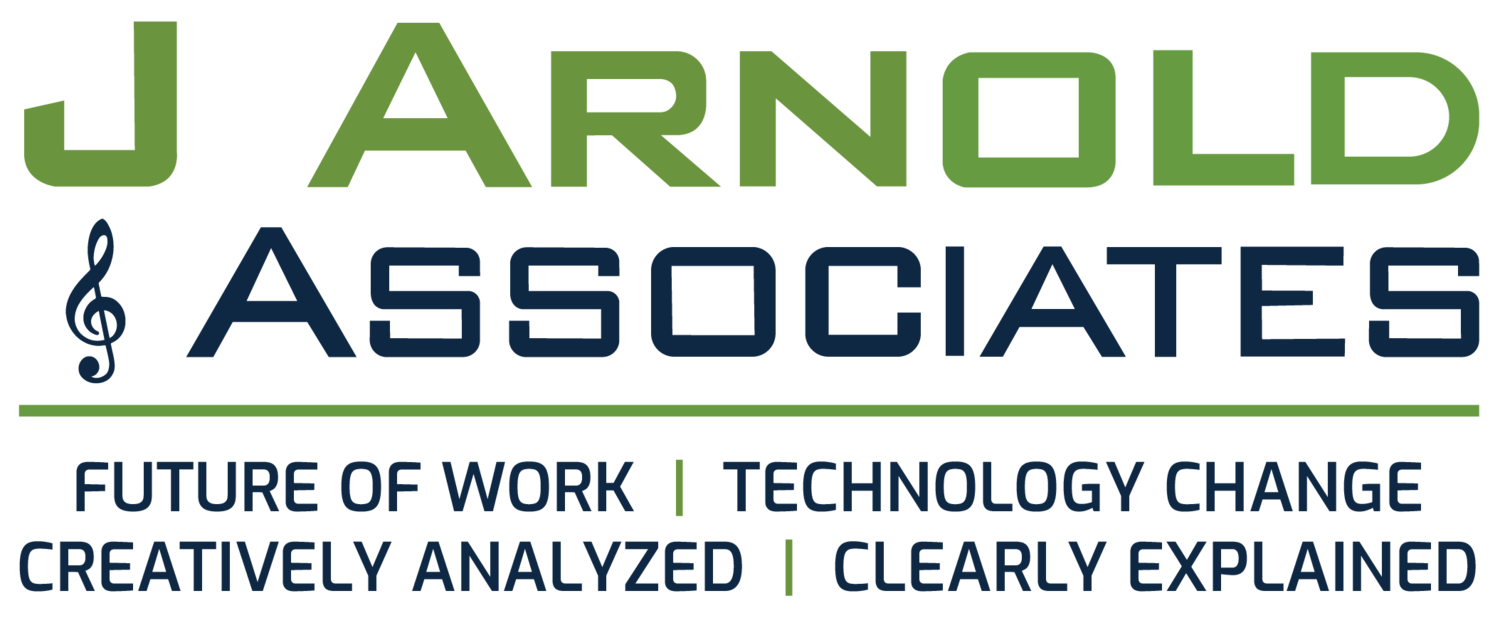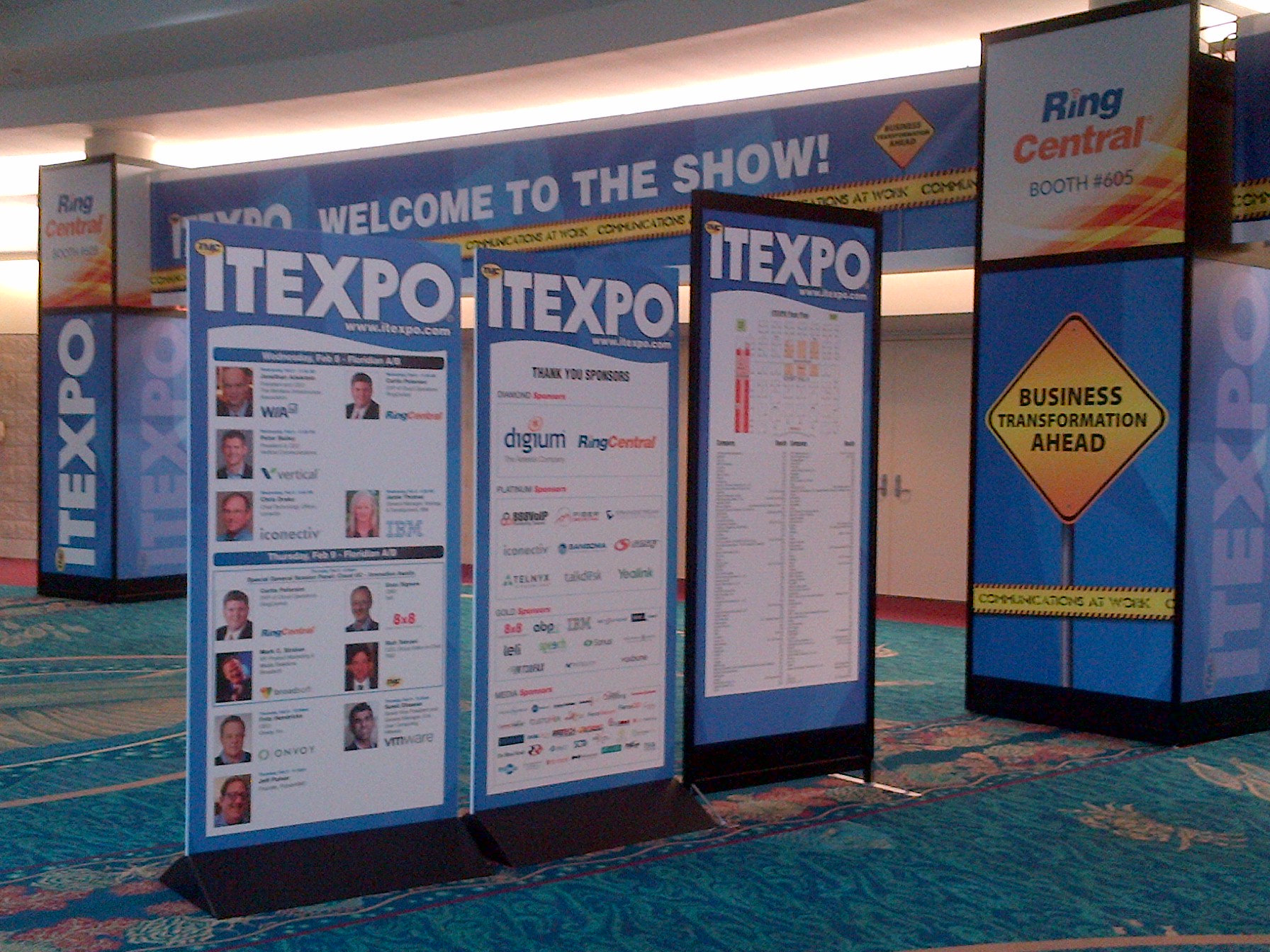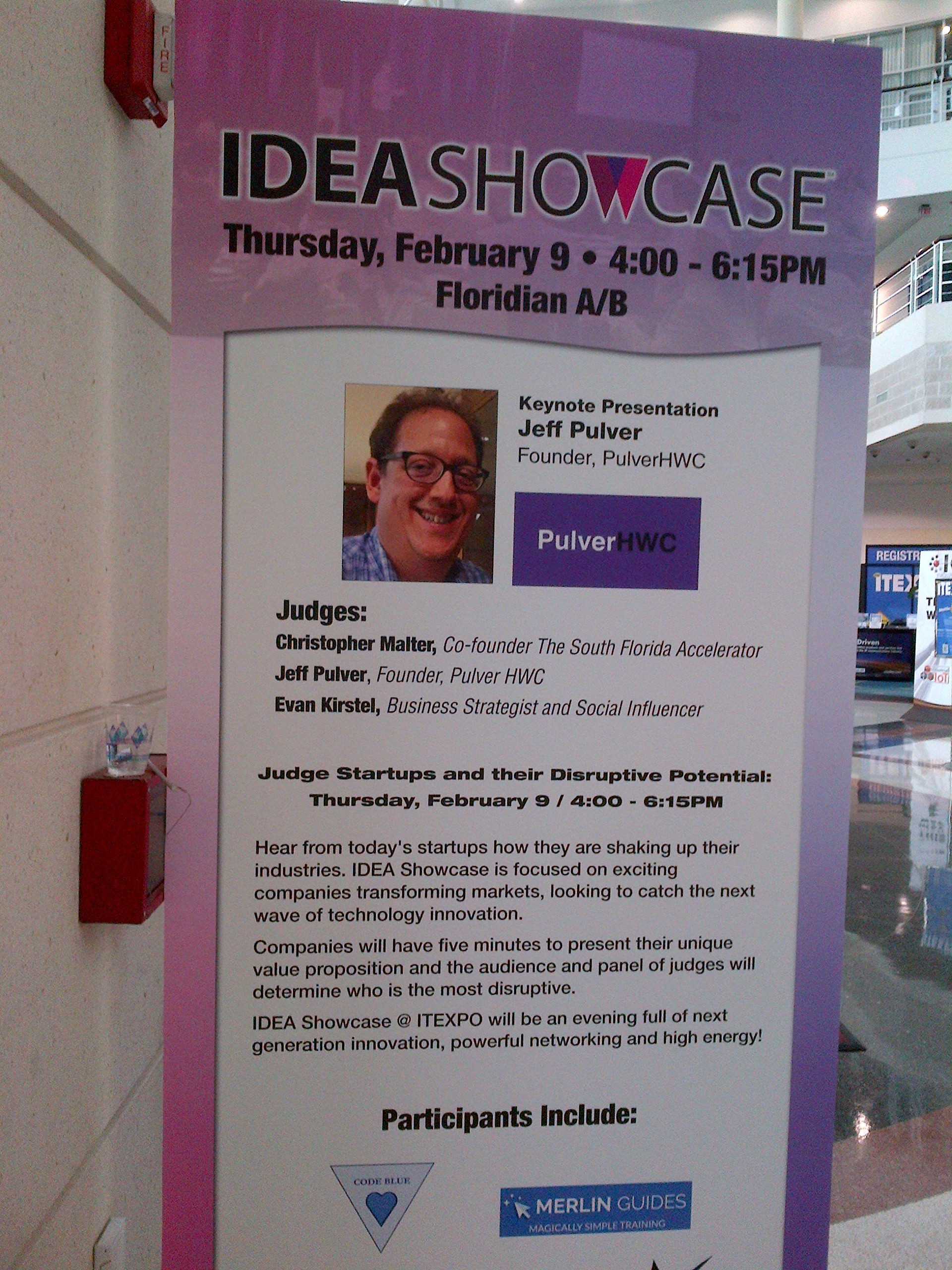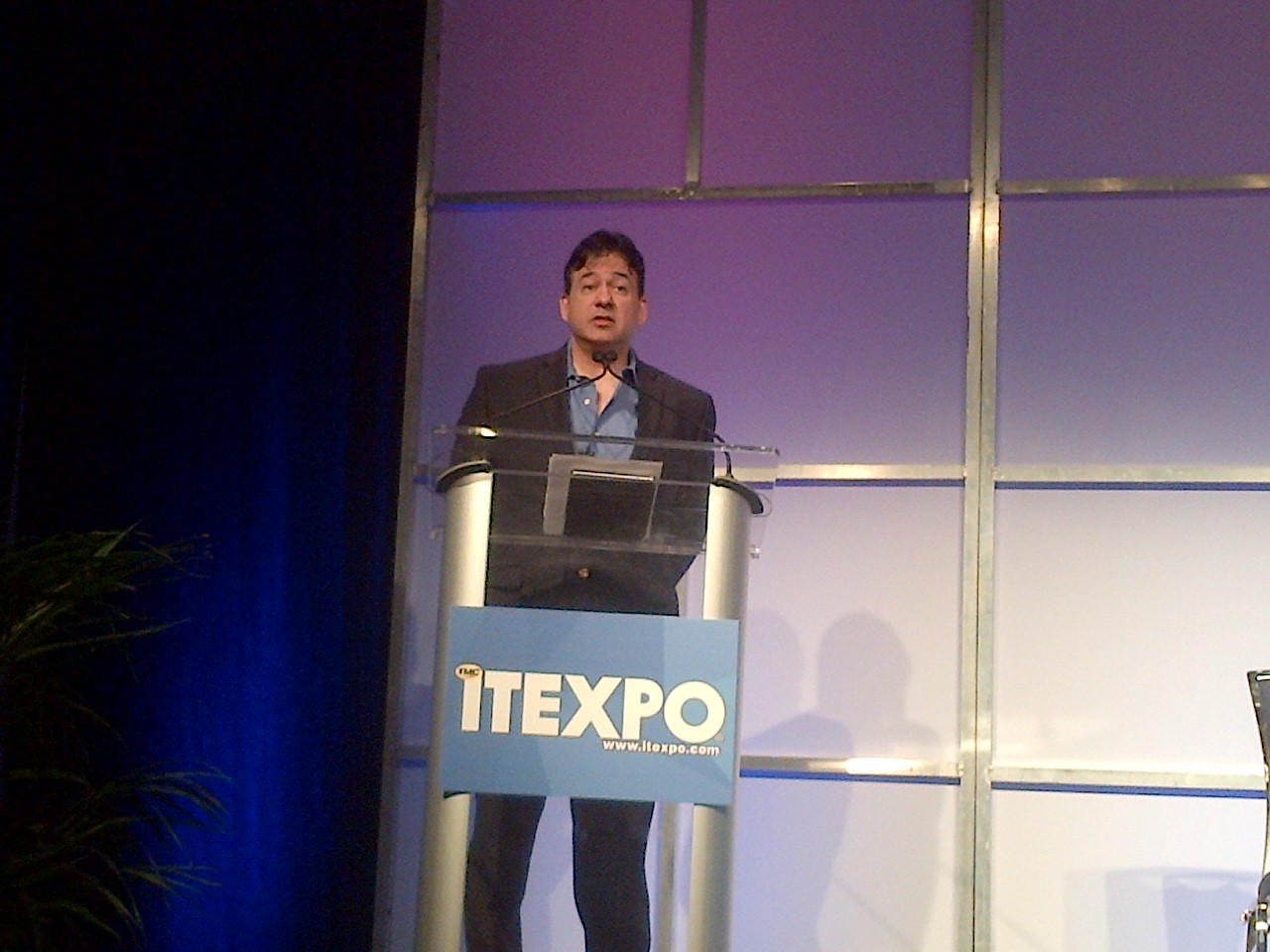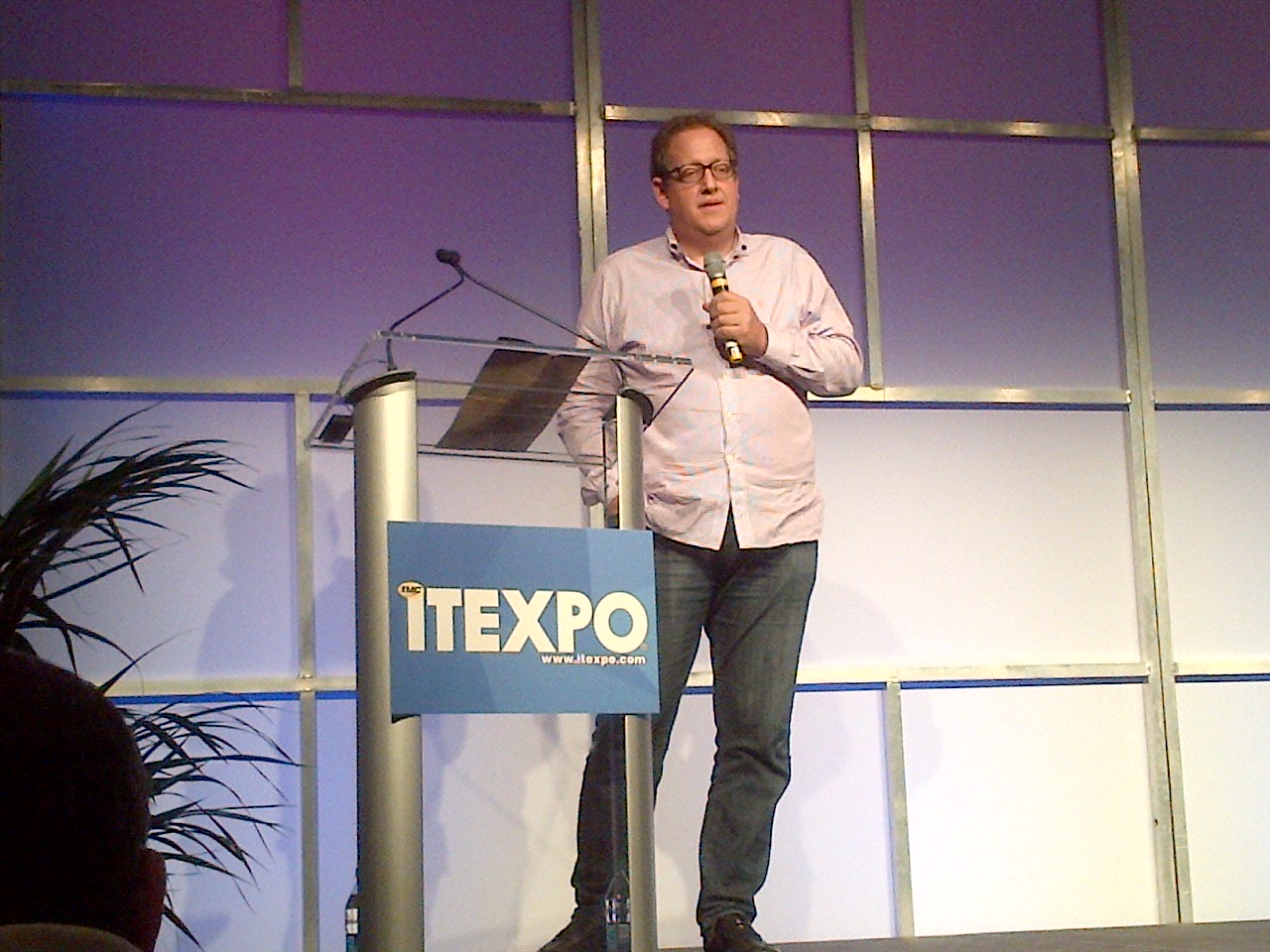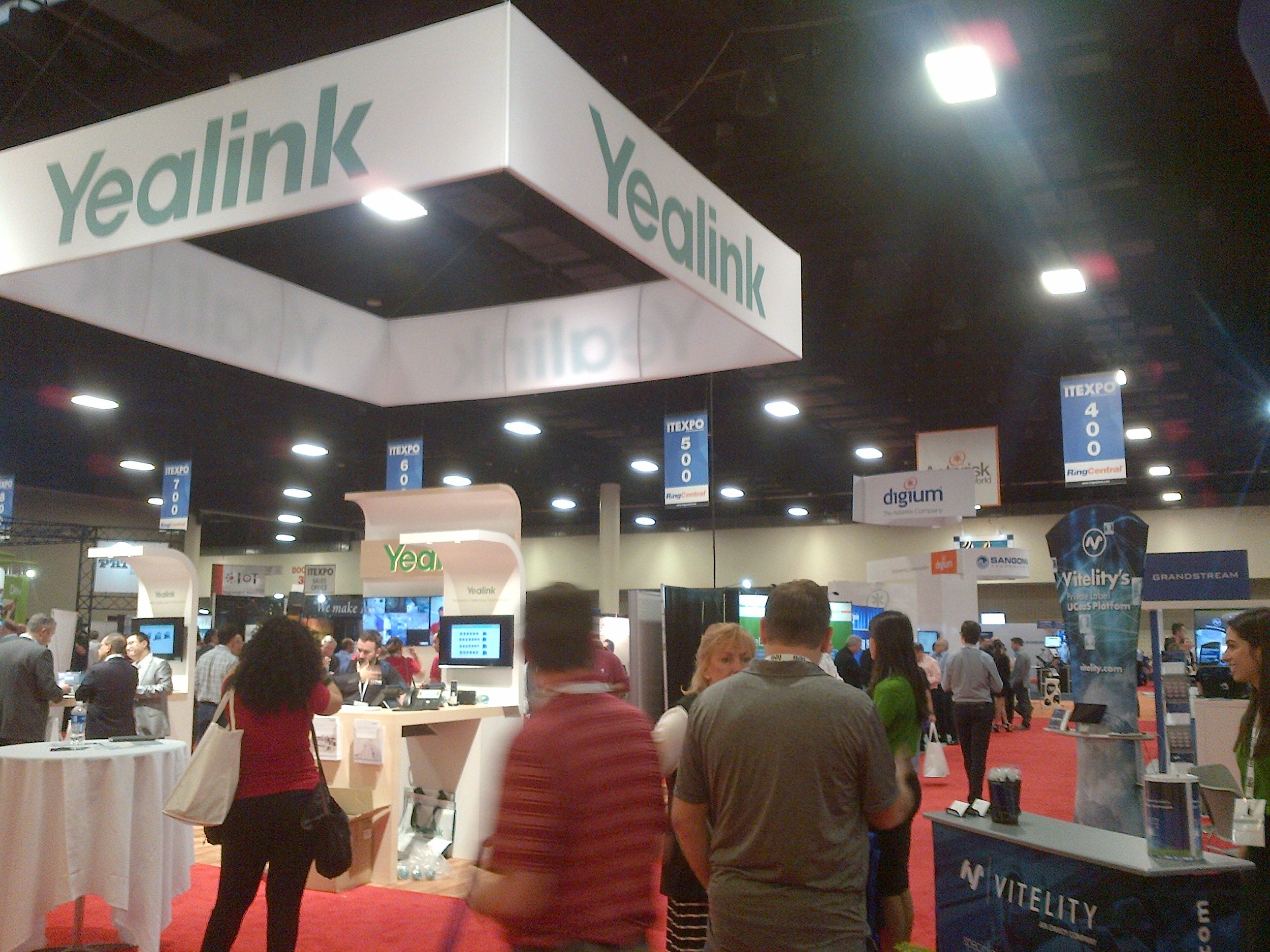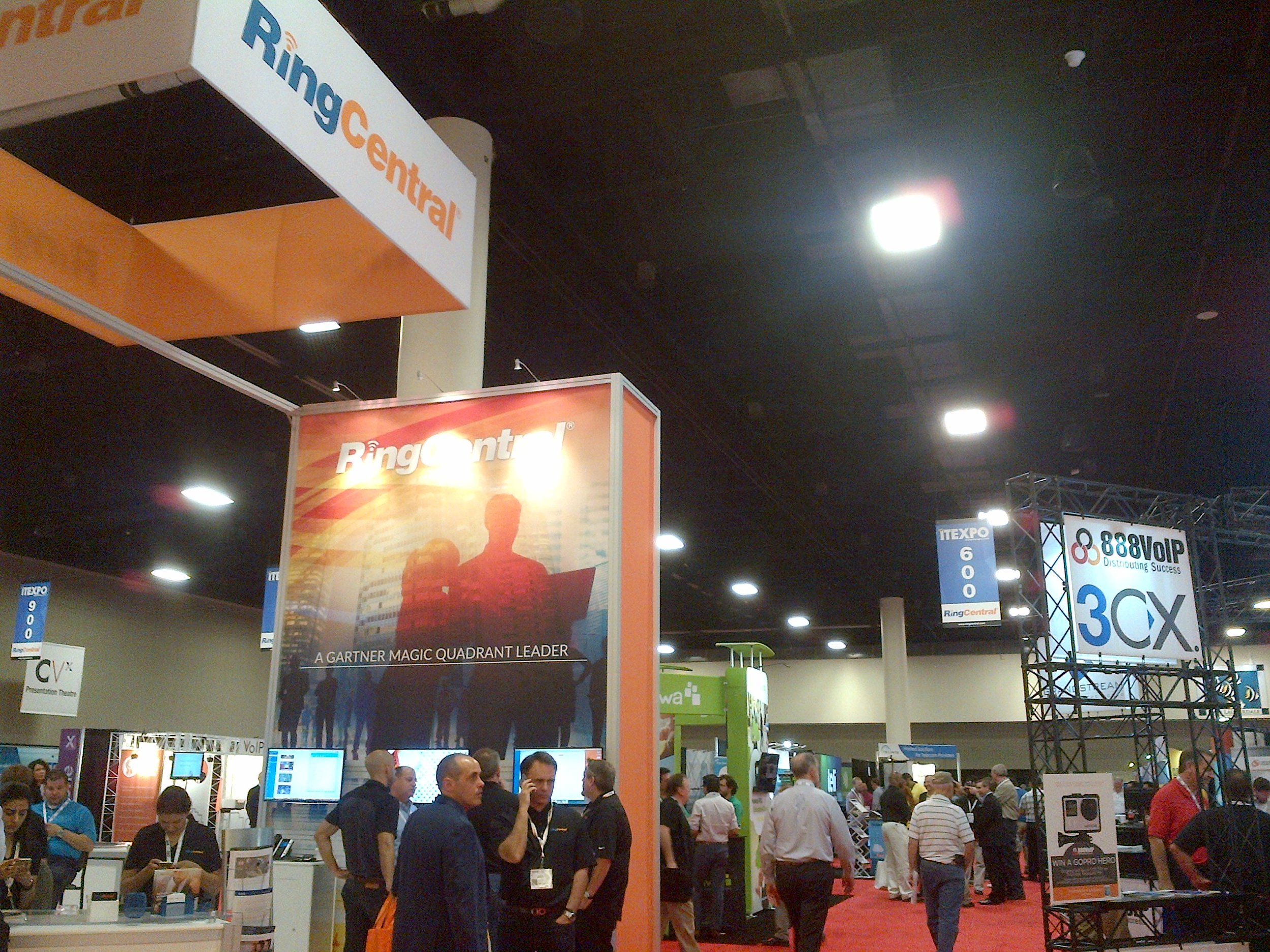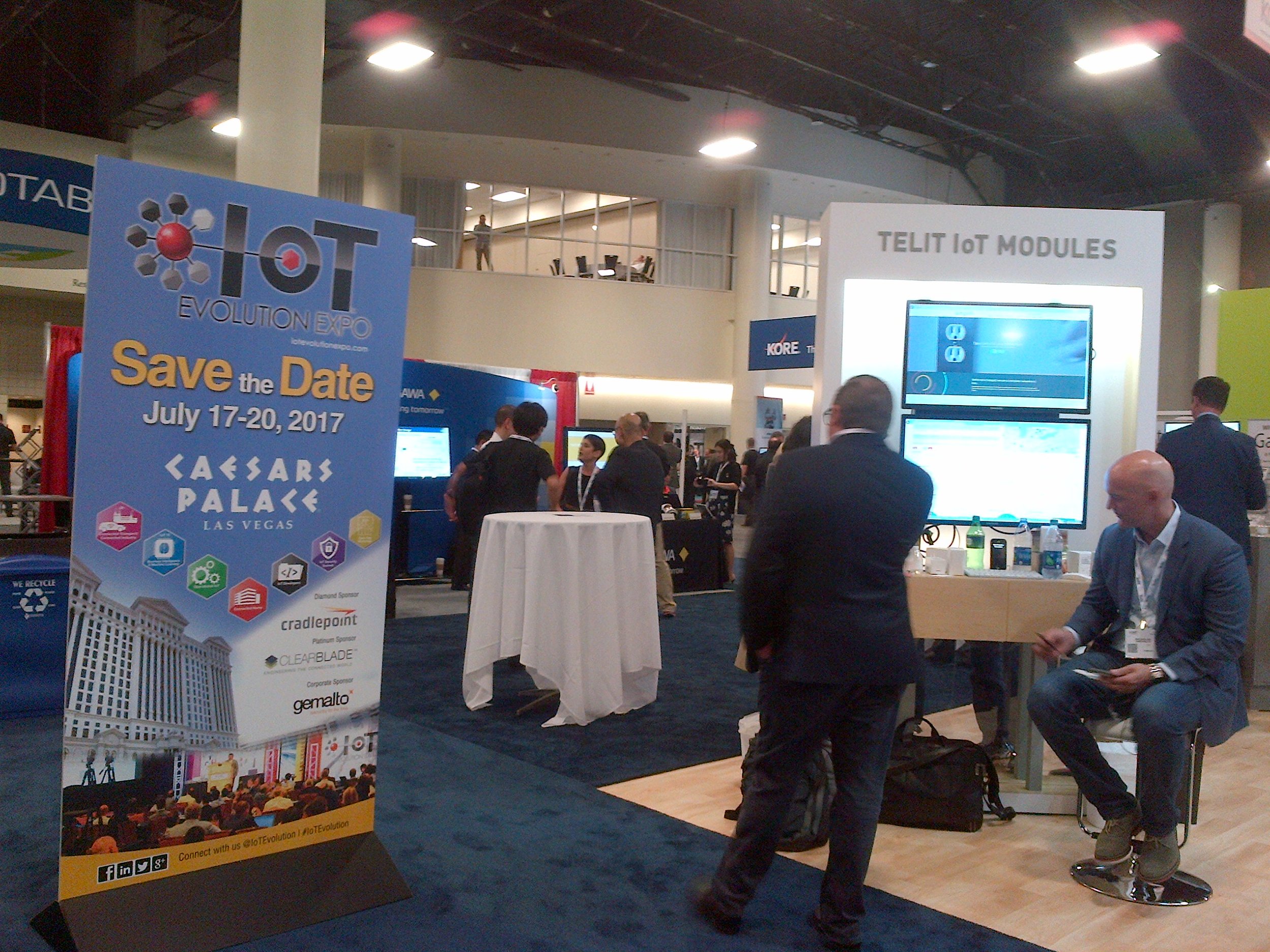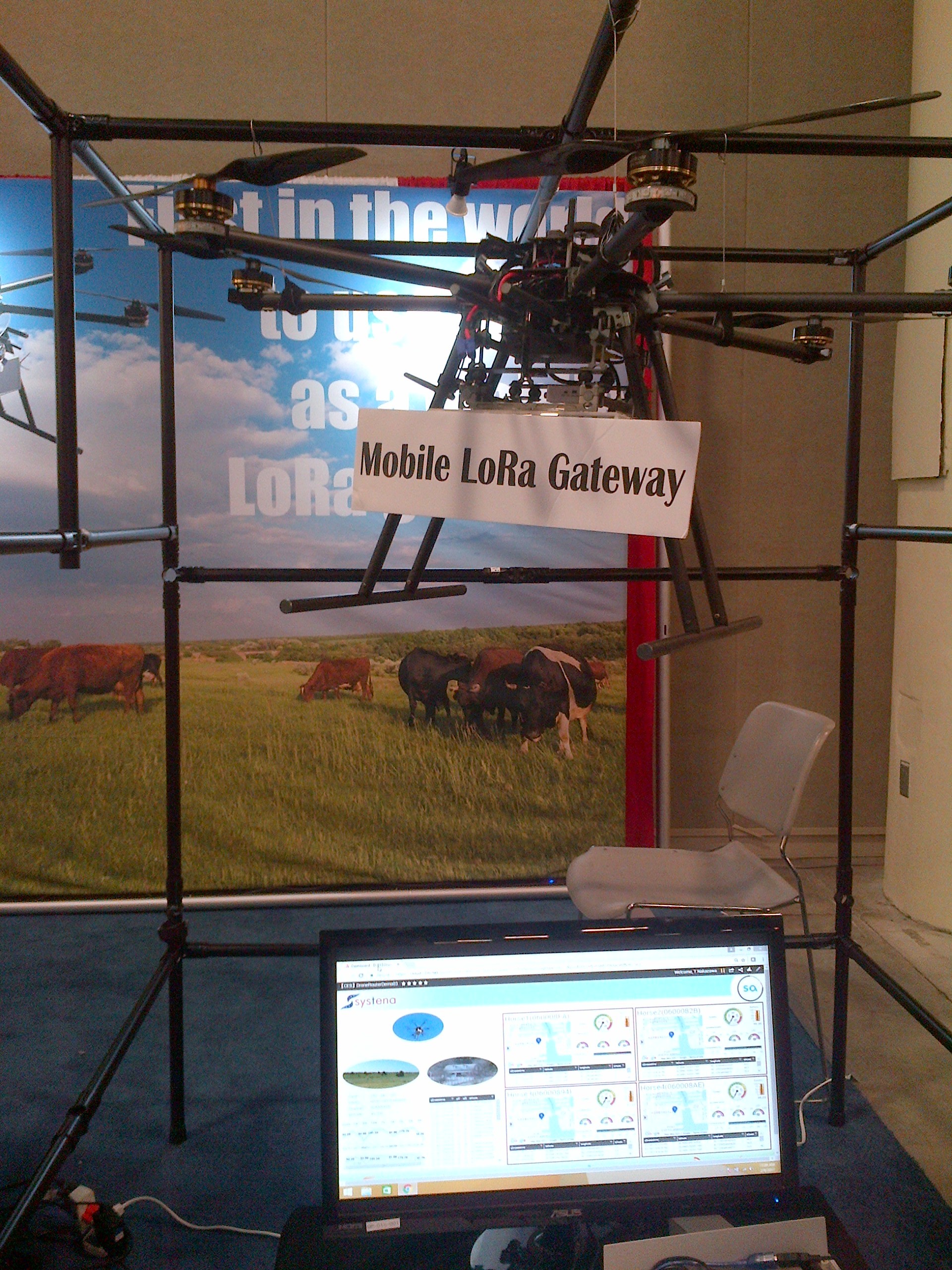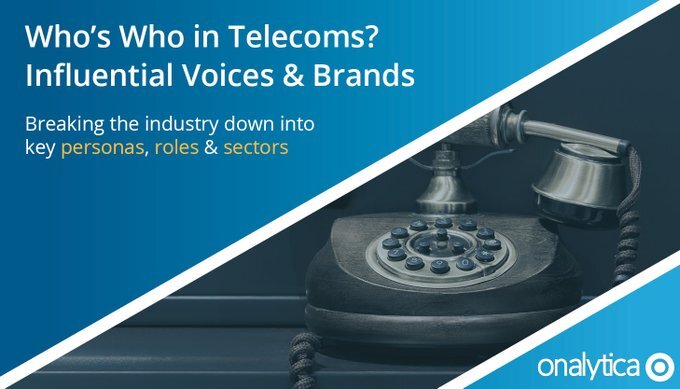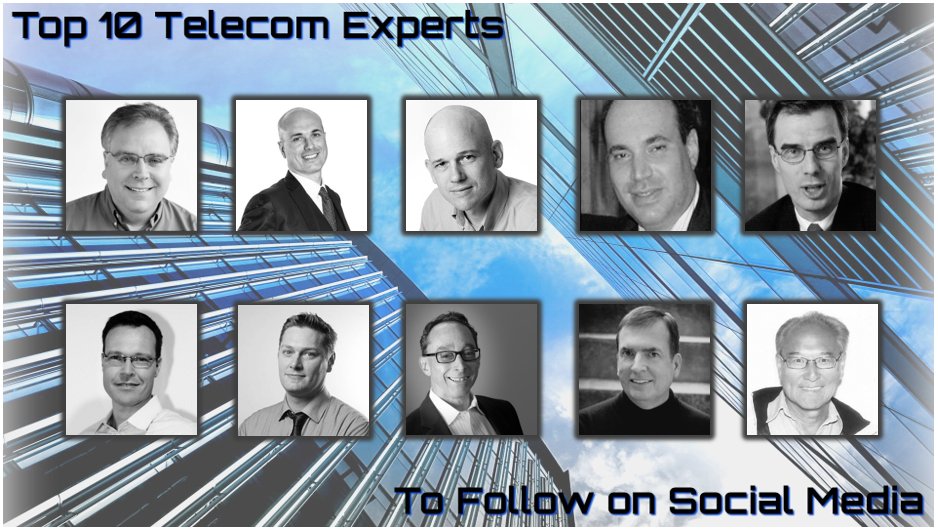37 years is a long time to be doing anything, and careers this long are unheard of these days in the corporate world. Frank Viola has had an amazing run at NEC, and I was lucky to be with him at their Advantage event earlier this month, when he announced his retirement. Another NEC stalwart we all know and love, Larry Kollie, made a similar announcement - there's a writeup in the works about that, so stay tuned - so, come June 1, there will be a major change of the guard at NEC.
I've always gotten along well with Frank, and he very gracious to do this Q&A with me as way to honor his career and provide a look at what the road ahead holds. For those who know Frank, there won't be any surprises here, but I think you'll find this a good read nonetheless. Frank has lots to say, so it runs long, but I don't think anyone will mind. I hope you enjoy it, and will once more thank Frank for this and wish him the best for life-after-NEC!
JA - Let’s go back to the beginning when you joined NEC in 1981. How did that come about, and what drew you to wanting to work there?
It was sometime in February 1981 and at the time, I was working for the Suffolk County Executive’s office in Hauppauge, Long Island. I developed a good reputation over the years as a programmer/analyst and had been involved in several high-profile projects for the County. NEC had called me and asked if I would be interested in working for them. My wife was 7-8 months pregnant with our first child and the job would require extensive travel. I explained that to the person calling and declined the offer. I didn’t know anything about NEC so I did a little research. The deeper I went, the more I was impressed with the depth of this relatively quiet international giant.
In mid-April my wife gave birth to our first child, Christina. Shortly after, NEC called me again and I agreed to interview. I was flown up to Boston to meet with the folks at NEC Information Systems where they asked me to write a quick program as part of the interview process. The interviews went well and I was hired to start on June 15, 1981.
My first project was to develop a call accounting system for NEC’s flagship product, the NEAX 22 series. (Incidentally, Jim Burton created the key system version for NEC.) Unfortunately, all the software development resources were located in Lexington, Mass., which would require me to spend a great deal of time up there. Starting the second week, I began travelling to Lexington, two weeks up and one week home for several months. I had the pleasure of working with folks like Kent Bradley, who managed the Lexington office. The product was named NEAX Astra CCS, and we began promoting it in September 1981 at TCA in San Diego.
In 1983 we announced the NEAX 2400 and I was tasked to develop a sophisticated quoting tool specifically for this unique communications platform. It was the first modular and scalable system in the industry where you only purchased what you needed and was capable of growing well beyond your needs by simply adding modules. It was truly revolutionary for the time.
After a few years, my role began to evolve. I was promoted to manage the national sales engineering team. This group provided our sales group both sales and technical support through high level presentations, complex configurations, responding to RFP’s, etc. I was later promoted to manage the marketing team. One of my first agenda items was the NEAX Users Group. I was not exactly eager to work with this group, as there appeared to be a great deal of tension between NEC and this outspoken group of customers. The issues revolved mainly around function and feature requests.
Over time, we developed long lasting friendships and relationships and worked through the issues. I was also overseeing the Consultant Program. Working with many consultants over the years, I had the privilege of making great friends and developing great working relationships with some of the finest group of industry experts in the business. In ’93, Bob Talty and I created the Advantage Invitational Executive Conference and NEC’s Consultant Symposium. Bob was the lead guy who drove and presented the content. I pulled all the details together and emceed the event. It’s hard to believe 24 years has passed since starting this event. I eventually moved over to the Sales side but kept responsibility for the Advantage Executive Conference and the Consultant Program which was now managed by one of the nicest and hardest working guys in the business, Larry Kollie.
For a period of time, I was responsible for Copier and Fax sales. I am proud to say, we grew this part of the business for several years straight. Over the past few years, my responsibilities included the development of our Software Assurance renewal business, channel sales programs, sales incentives, working closely with the NEC Dealers Association to develop strategies for mutual growth, etc.
JA - You’ve had an incredible run with NEC, so what has kept you going with them?
I’ve always enjoyed the challenge. I think what kept me going for the most part was the fact that my role was never boring. Working with many versatile groups (employees. customers, industry consultants, vendors and our channel partners), I was always changing gears trying to see things from their perspective which helped me deal with things in a more reasonable and logical manner. Through this process, great relationships were built and we were very effective in accomplishing many endeavors.
At the end of the day, it’s all about the constructive working relationships and the friendships that helped solve issues and move in a forward direction. I am so grateful for the many friends I have made and for a lifetime of fond memories.
JA - With all that history, what’s been the most memorable time or achievement for you?
I have a few milestone achievements;
1. The development of the NEAX Astra CCS. It was the first for NEC and why I was hired.
2. The development of the first sophisticated quotation system, AutoQuote.
3. Developed the Software Assurance renewal business.
My most memorable, was the move from NY to Texas in 1993. We basically started over in so many ways. I had to build a new team, my son got very ill, adapting to a new culture, finding a home, dealing with drastic weather changes, etc.
JA - How about the funniest or most unlikely thing?
The funniest thing to me was this “programmer” who spent most of his life alone writing code in a quiet room and then attending his first trade show ever, TCA. It was a free-for-all. I was exposed to things I thought were only myths or exaggerations from old legends. From the moment we landed in San Diego, it was like the first time your parents left you alone for a weekend. In the interest of protecting the innocent, I will leave the rest to your imagination and can only say, “What happened at TCA, stayed at TCA”.
JA - Talk a bit about what you’ve most learned from being with NEC, and likewise, what do you think your colleagues there have learned from you?
Good question. It was a huge learning curve in those days as everything in telecom seemed completely opposite from the “computer” world. I not only learned all about the telecom industry, but learned all about the rich history of NEC and the things they’re doing as we move into the future. I would like to say everything my colleagues know came from me. But, I am like a sponge and learn from others on a regular basis. I learned a ton from my colleagues and continue to learn from them more than they know.
JA - Coming back to the tech question, NEC continues to innovate - and what breakthroughs or new technologies are you most excited about for their future?
The Smart Enterprise is the future and will change how we apply technology in business. Infusing and integrating technologies such as facial recognition, retinal technology, sensor technology, SDN and so on, combined with bulletproof platforms will not only broaden offerings for our sales channels, but will provide customers with a much higher level of technology usage, offering efficiencies, productivity increases and a more safe and secure environment. I’m very excited for the things yet to come from NEC.
JA - Having been through so many innovation cycles, as you move on, what qualities will NEC’s management need to have success going forward?
I believe any leadership team has to have a vision. Without a vision, you don’t have a future. NEC’s Smart Enterprise is a powerful vision similar to Dr. Koji Kobayashi’s (past Chairman of the Board and CEO of NEC Corporation) announcement in 1977 of his C&C concept whereby Computers and Communications would someday be converged.
JA - What are you going to miss most come June?
The interaction with the various communities and being directly involved in the business.
JA - You and I have talked about the importance of family, and you’ve said how you’ve helped raise a family with NEC. What do you mean by that?
I was 25 when I started at NEC and my daughter was only 2 months old. There’s’ no denying I was green and very naïve, not only to the industry but to Japanese business culture. NEC’s Japanese management was very patient with me especially in the beginning. In the early days, there were difficulties in communicating with one another and mistakes were made. I learned to be a bit more patient and listened much more carefully when someone spoke. I believe this helped me better communicate with our children.
Additionally, I was given many opportunities to grow within which provided us a good living and a better life for my family. I’m forever grateful to NEC for the opportunities. I grew as a person and became a better father and a better husband. I always tell people “while I was raising my family, NEC was raising me”.
JA - Let’s close out talking about that other family – your own. You’re very proud of the foundation you created in your son’s honor, and it’s been very successful. Please share some of that story, as I think many will find it quite inspirational.
There are many things that occur in our lives that impact us in very profound ways. Things that give us hope, inspiration, ambition and ultimately shape us to be the people we are. Then there are events that completely shatter our dreams and gives us pause.
On November 17, 2013 we received the notice that our beloved son Alex, a member of the US Army Special Forces was killed in action in a remote part of Afghanistan known as Shah Wali Kot. His life was lost to an IED (Improvised Explosive Device) while disarming others to clear the way for his team.
Our life changed forever that day. We were lost, confused, and severed from life as we knew it. Our children are everything to us. There’s nothing else that matters more. Losing a child is not the normal progression of life and there’s no mental or emotional preparation. Losing a spouse makes you a widow or widower. Losing a parents makes you an orphan. Losing a child…there’s no label.
Alex was the best son a parent could ever dream of having and he and I had a very special relationship. We had a common interest in cars. He was my sidekick and my right hand. We travelled the country to many race events, to local car shows, we spent four years together building his first car, a 1968 Chevelle, etc. We spent a great deal of father-and-son time together. Cruising to a car show I would always think to myself, he could be with his friends and I wouldn’t mind it, but he chose to be with his Dad. It was awesome.
At age 9, he had fallen sick with something that attacked his muscle system. It would be a year before it left him but it took its toll. He lost so much muscle that he could not attend school for a year and had to do home study. I remember night after night, having to carry him to bed. We would never know what caused it as all tests came back negative. The doctor suspected it was a virus that eventually worked its way out. It was then that his true character would be revealed.
During his recovery, he asked for a pair of rollerblades. I thought that was nuts since he could barely walk. We got him the rollerblades and he went to work. He never stopped and never gave up. He felt ready and joined a roller hockey team which eventually led to ice hockey. In high school, he became the captain and the leading scorer on the Keller Hockey Team. He was graceful, fast and fun to watch.
After high school he went to the University of North Texas. He graduated with a BA in Mechanical Engineering and left for Navy OCS (Officer Candidate School) in Newport, Rhode Island. He graduated with top honors both in academics and physical training and received the Medal of Honor Award.
He was accepted to Navy SEAL Training (BUDS) and was injured 2 days before “hell week”, the final week. He made it half way through but his injury caught up and he was pulled out. As an officer, you’re only allowed one try. He was devastated and requested a transfer knowing he would give up his officer status and half of his pay. He went into the Army and was accepted to Special Forces training. He graduated as Green Beret and later enrolled into Combat Dive School, the hardest school in the entire military. He received his certification and was 1 of 80 members of the US Army Special Forces with a Combat Diver Certification.
He was recruited to US Army’s 7th Special Forces Group and was stationed at Eglin Air Force Base in Destin, Fla. He was deployed to Afghanistan in September, 2013 only to lose his life on November 17.
A year or so went by and my family started talking about doing something to keep Alex’s memory alive. On one of his deployment forms, he indicated supporting the Green Beret Foundation and the Special Operations Warrior Foundation. My family and I decided to start the SSG Alex Viola Foundation to fundraise for these two great organizations. Both groups are very efficient, and over 90% of all funds go towards the cause. They provide support for the families of wounded and fallen warriors in many ways. They provide college education for children, housing for wounded and disabled, etc.
Since Alex was a car nut, we decided on doing a car show as our foundation vehicle to raise money. On November 21, 2015 we held the first SSG Alex Viola Memorial Car Show. We had over 240 cars and raised $20k which was divided and donated to the two organizations. In 2016, we had even more cars and raised $25k. This year, our event will be held on November 11 (Veteran’s Day) and we’re expecting 300 cars. More info can be found on our website: www.ssgalexviola.org.
For us, the Foundation is like therapy. It somewhat restores purpose and gives us a little hope and inspiration while helping those who protect us and are in need of help.
JA - With your passion for cars, I know you’ll have no trouble keeping busy after NEC. Can you say a bit about your favorite car, and any special projects you’ve got planned?
Over the years with the help of many friends, I have built a 1969 Chevelle and a 1936 Ford. However my favorite build was the 1968 Chevelle that my son and I built. It was truly a basket case and probably should been in a junk yard. We replaced the engine, transmission, rear axle, the entire interior, both front fenders, the rear quarter panels and more. But, the experience of building it with Alex was well worth it as it will always be a great memory.
